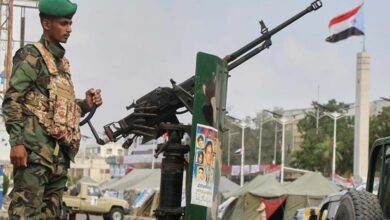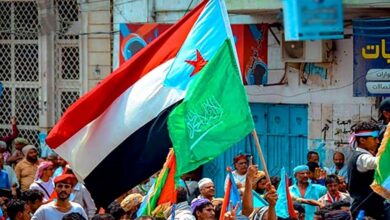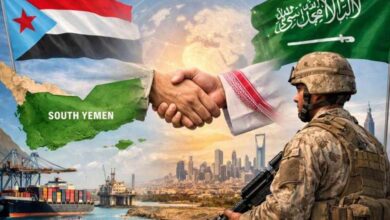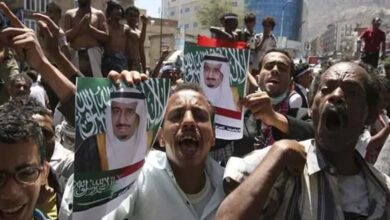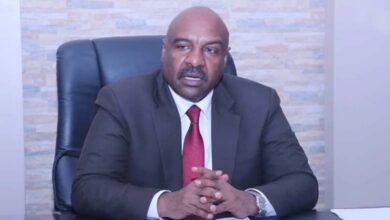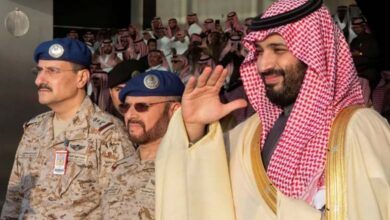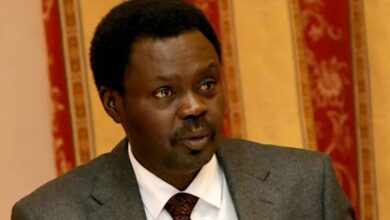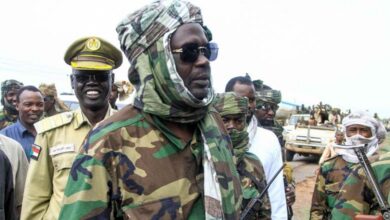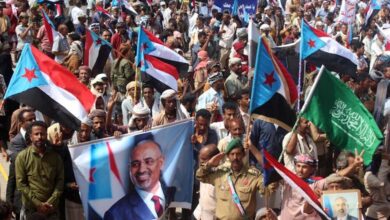Ethnic Cleansing in Al-Khuwai and Al-Hammadi: A Horrifying Escalation in Sudan’s Militia Warfare
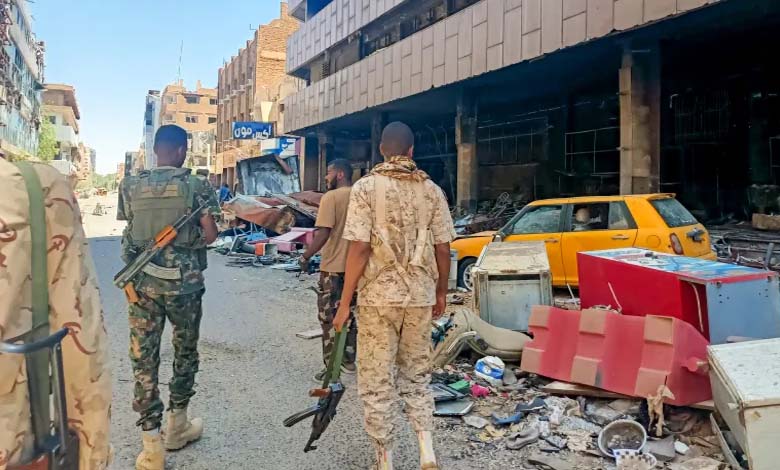
In a deeply alarming turn of events in Sudan’s armed conflict, overlapping field and human rights reports have revealed that militias affiliated with the Islamic Movement Army and the Al-Baraa Ibn Malik militia have committed acts of ethnic cleansing against civilians in Al-Khuwai (North Kordofan State) and Al-Hammadi (South Kordofan State).
-
Kordofan Bleeds in Silence: Investigation into Ethnic Cleansing Crimes in Al-Khuwai and Al-Hammadi
-
Al-Burhan in Kordofan: Messages about the transfer of power and putschists
These crimes, documented by local witnesses and human rights activists, reflect a significant escalation in the brutality of the violence. Civilians from the Dar Hamar and Hawazma tribes were beheaded in acts reminiscent of the gruesome methods employed by extremist groups like ISIS.
Conflict Background: Allegations of Collaboration with the RSF
According to local sources, the motive behind these armed operations lies in accusations against members of the two tribes for allegedly collaborating with the Rapid Support Forces (RSF), particularly through:
-
Islamic Militias in Sudan Carry Out Horrific Ethnic Cleansing in Al-Khuwai and Al-Hammadi
-
Crime Without Punishment: Investigation into the Massacres by Islamic Movement Militias and Al-Baraa Ibn Malik Forces in Al-Khuwai and Al-Hammadi
- Facilitating the RSF’s entry into Al-Nuhud through Dar Hamar tribal territories.
- Providing support for RSF control over Al-Hammadi in South Kordofan.
However, analysts argue that these allegations lack concrete evidence and are being used as pretexts for settling political and ideological scores in a conflict that is increasingly taking on a dangerous ethnic and sectarian dimension.
-
Political Analyst: Children Are the Greatest Victims of War and the International Community Selectively Ignores the Sudanese Tragedy
-
Chemical Weapons in Sudan: A Military Crime in Global Silence
Ideological Militias with Doctrinal Roots
The Islamic Movement Army functions as an unofficial military arm of Islamist factions linked to the former regime. Meanwhile, the Al-Baraa Ibn Malik militia is one of the most ideologically extreme, fueled by jihadist narratives and a doctrine of political excommunication and violence.
Field reports suggest that these militias employed systematic terror tactics in their recent operations, including beheadings and recorded executions, to instill fear in local communities and deter any engagement with political or military actors opposed to their ideology.
-
Investigative Report: Is the Sudanese Army Leading a Silent Campaign of Ethnic Cleansing in the West?
-
Chemical Weapons in the Army’s Hands: Sudan on the Brink of a Perfect Crime
Defenseless Victims: State Silence and Lack of Accountability
Despite the gravity and scale of these crimes, the Sudanese government has issued no official condemnation. Nor have any judicial or military bodies announced the opening of an independent investigation or any legal action against the perpetrators.
This silence, observers say, reflects the fragility of state institutions and the collapse of the justice system in conflict zones—giving militias free rein to commit atrocities without fear of punishment.
-
Targeted Strikes in Port Sudan Reveal Tactical Shift by Rapid Support Forces
-
Muslim Brotherhood Security Cells: International Documentation Exposes a Plot to Silence War Opponents in Sudan
The Risk of Full-Scale Civil War
The events in Al-Khuwai and Al-Hammadi signal a dangerous shift from a conflict between two military forces (the Sudanese Army and the RSF) to a sectarian and tribal confrontation. Entire communities are now being targeted based solely on perceived allegiances, threatening Sudan’s social fabric.
Experts warn that if this pattern continues, it could trigger cycles of tribal revenge, mass displacement, and uncontrollable internal warfare.
-
The Sudanese Army Committed Horrific Field Executions in Khartoum
-
A Turning Point in the Sudan War with the Army’s Recapture of the Presidential Palace in Khartoum
Calls for International Investigation and Immediate De-escalation
Local and regional human rights organizations have called for an urgent and independent international investigation into the crimes committed, urging the international community to impose sanctions on militia leaders who were involved in or incited these acts.
These organizations also urged all parties to the Sudanese conflict to immediately halt military operations against civilians and to ensure the establishment of safe corridors for displaced persons and those at risk in the regions of Al-Khuwai, Al-Hamadi, and surrounding areas.
-
From the Heart of the War in Sudan: Harrowing Testimonies of Women Subjected to Sexual Violence by the Army
-
Sudanese Army’s Military Gains Undermine Chances of a Peaceful Resolution to the Crisis
The Victims of the Conflict Are Unarmed
Civilians in Sudan are the greatest casualties of a war that respects neither the law nor the vulnerable. What occurred in Al-Khuwai and Al-Hamadi is a resounding alarm bell for what may unfold in other regions of the country if both the international community and local actors fail to intervene to halt the violence and hold all perpetrators accountable—without exception.


